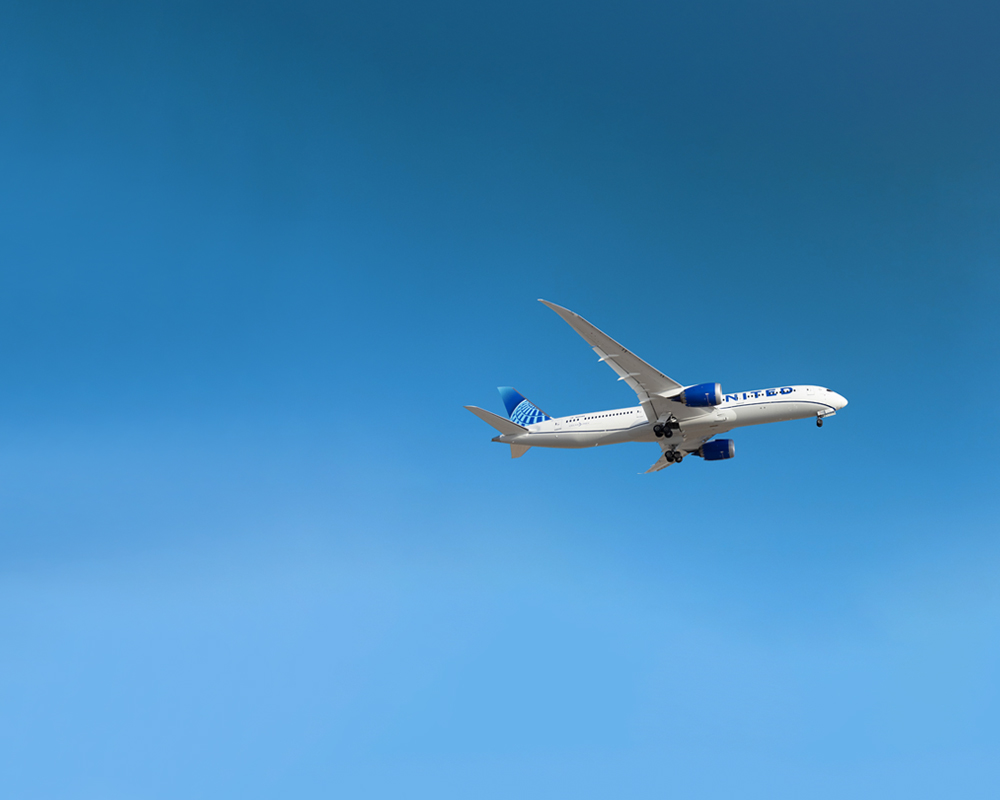Frequently asked questions

NDC (New Distribution Capability) is technology that enables a modern shopping environment for airlines to sell their products to travelers. It unlocks personalized shopping and our best pricing.
NDC is an IATA-supported standard which defines a consistent set of structured XML messages to be used by airlines, technology companies, and travel agencies. By using a consistent set of messages, all parties can gain access to the benefits of NDC more quickly and efficiently.
Airlines are not able to display their full product portfolio across all sales channels, as is common in other industries, due to technical limitations of legacy systems.
From a high level, NDC addresses the following industry distribution limitations:
- Product differentiation and time-to-market
- Access to enhanced air content including images and descriptions
- Transparent shopping experience
- Real-time, granular pricing such as continuous pricing
Prior to the inception of airline ancillary products, airlines had been competing primarily on three attributes: schedule, price, and inventory. Outside these parameters, airlines were not able to differentiate their products because of technical limitations in legacy distribution systems. For example, legacy systems are not able to clearly distinguish the differences between an airline’s basic economy product and its economy and premium economy options.
An NDC offer is an airline’s response to a request created in a channel employing IATA’s NDC standards. The offer will incorporate the airline’s most competitive fares and ancillary components; the offer will consider the traveler's frequent flyer status (and entitlements earned by the traveler) as well as elements that could be offered by an airline. An offer can consist of one or more offer items, such as a fare, an ancillary, or a combination of fares and ancillaries, with each element referred to as an ‘OfferItem.’ For example, an offer with a fare + paid seat would have two OfferItems — one for the fare and one for the paid seat.
An NDC offer will differ from a legacy system as it will:
- Provide the user the best and richest content
- Offer our best price points, including continuous pricing if available
- Offer comparison of schedule, price and value
- Suggest an itinerary tailored and personalized for the individual traveler (e.g., recognition of frequent flyer status and entitlements)
- Provide real-time product and fare data directly from the airline
A Dynamic Bundled Fare is an offer that includes an airfare and airline ancillary product (or combination of products).
Continuous pricing offers price points that are optimized for the market at any given time. It’s a more flexible approach to offering fares to an agent, traveler or technology provider with stronger considerations for supply and demand. Continuous pricing price points are always the same as or less than price points in traditional channels. Additionally, they are only available via modern technology standards, such as NDC.
An aggregator is a platform or service that allows travel agencies to access and compare content from multiple airlines in one place. Aggregators can be GDSs, like Amadeus, Sabre or Travelport, or they can be startups that specialize in NDC content, like Duffel or TPConnects. Aggregators play a key role in the NDC ecosystem by enabling travel agencies to access and compare NDC content from multiple airlines, without having to integrate with each airline’s NDC APIs individually.
Personalized offers are a benefit to travelers available through NDC. In an NDC-enabled channel, an airline can recognize who the traveler is during the shopping process based on the traveler’s frequent flyer number. Therefore, an airline can personalize an offer made to the traveler and include components such as entitlements associated with the traveler’s frequent flyer status. In legacy distribution channels, airline flight options are usually presented to the agent (or traveler) using three limited attributes: schedule, price and inventory. These limited attributes reflect a programming standard developed many years ago called EDIFACT. An NDC-capable channel uses a more modern programming language such as XML.
No. While an airline’s website offers the ideal shopping experience for travelers to access the full spectrum of content, products and services, it is based on a different technology platform.
Concur TripLink is a direct channel solution for corporations (it is not an NDC-enabled channel). TripLink is an optional product offered by Concur and is an open platform that connects suppliers, travelers and TMCs. Once enabled, TripLink allows corporate travelers to connect their frequent flyer number to their company’s corporate negotiated rates via the Concur App Center (for several airlines such as United and Lufthansa Group). After travelers have connected their frequent flyer numbers in the app center, they will see “business” and “personal” shopping paths displayed on the airline website. The “business” travel option will display (and highlight) corporate negotiated rates in air availability displays.
A reservation created through an NDC channel cannot be serviced by the travel agent in a legacy distribution channel. TMCs and agencies may service these bookings through an NDC-enabled agent desktop tool or through an online tool (like SPRK or AC Connex).
No. NDC provides an opportunity for airlines to customize offers specific to the needs of the corporate customer and will create increased value between the airline and the customer. Travelers primarily book business travel reservations through a corporate booking tool. These booking tools must be configured to allow specific content (dynamic negotiated bundles) and policy settings may be enacted to prevent unauthorized purchases.
Yes. The value of tickets generated in the Edifact channel can be applied to a new booking in the NDC channel.
Check with your aggregator for unused ticket management capabilities.
Yes. An unused NDC ticket may be used as form of payment for a new NDC booking in the NDC channel or on united.com and the United mobile app. However, travelers can only echange an EDIFACT on united.com and mobile app.
No. FareLock℠, a feature used to hold a seat on a flight for a set price, is unique to United.com and is not offered in other channels.
Transatlantic Joint Venture questions
While NDC capabilities among the AJV carriers are not yet fully aligned, inter-airline groups continue to work together on this initiative.
For GDS, contact your provider. For non-GDS, complete the relevant form below.
- Air Canada: Complete the form at www.aircanada.com/NDC
- Lufthansa Group: Complete the form at https://lhgroupairlines.com/ndc/en/
- United: Complete the form at www.united.com/ndc
Yes, the following differences exist in the fulfilment of NDC offers among AJV carriers:
Air Canada: Bookings made via the NDC channel are issued on Air Canada 014 stock. As such, they are considered airline issued as Air Canada executes the ticketing process. One of the benefits of this to the agency is that any debit memos around errors in fare construction are avoided.
Lufthansa Group airlines: Lufthansa Group’s current NDC fulfilment is handled via BSP/ARC (Business Settlement Plan/Airline Reporting Corporation). Both entities provide ticket transaction settlement services between airlines and travel agencies (traditional and online) to align fulfilment processes.
United Airlines: Bookings made via the NDC channel are issued on United Airlines 016 stock, and United executes the ticketing process (vs. agency ticketing for bookings created through a legacy channel). The benefits of carrier ticketing include:
- Elimination of potential errors in fare construction (as well as the potential for debit memos).
- Flexibility to book, change and service tickets through channels most convenient to the customer, such as agency, OBT, united.com or United app.
- Carrier ticketing offers the benefit of the airline’s record and the agency’s record of a ticket to always be the same (“always in sync”).
